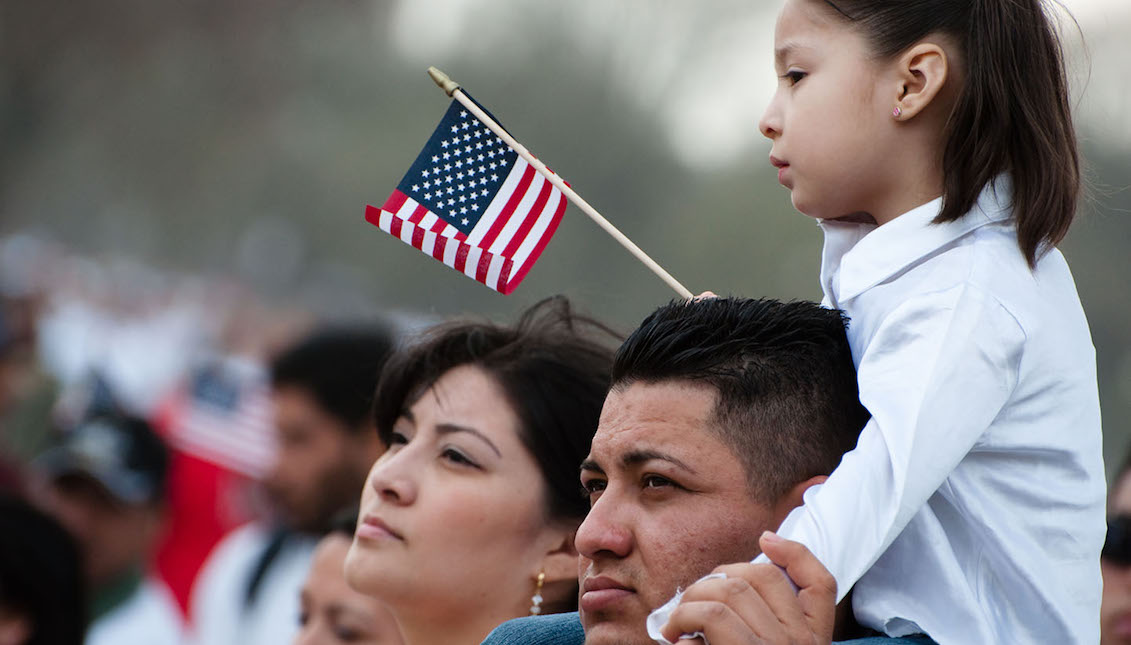
Trump administration wants fewer Green Cards for immigrants using public assistance
The Department of Homeland Security has announced a new plan to deny permanent residency to immigrants who use public benefits such as food stamps.
Donald Trump’s government has announced a new measure to curtail immigration, following the Machiavellian agenda of presidential adviser Stephen Miller.
As we reported in August, the government has finally launched a strategy to deny permanent residencies (also called "Green Cards") to legal immigrants who have received government assistance.
The new law was published by the Department of Homeland Security on Saturday and stipulates that "immigrants can be denied so-called 'lawful permanent residency' if they’ve received certain governmental benefits or if the government anticipates that they may do so in the future,” according to Politico.
Among the benefits that will be evaluated are food stamps (called Supplemental Nutrition Assitance Program), Temporary Assistance for Needy Families (welfare), Medicaid, Medicare Part D (prescription drugs prescription) and housing vouchers (also known as Section 8.)
According to the report, this new regulation "could force millions of low-income families to choose between government assistance and permanent settlement in the United States," and will mainly affect "legal immigrants" and their families because undocumented immigrants are "not eligible for most federal benefits."
RELATED CONTENT
The people who will be exempt from the new measure will be those who have received subsidized medical assistance under the Affordable Care Act or CHIP (Children's Health Insurance Program).
Likewise, immigrants under the status of refugees, asylum-seekers, victims of domestic violence or children who qualify in the "special immigrant juvenile status" will not be affected by the measure, nor will those who hold Temporary Protection Status.
The bill establishes a procedure of three tests that will be carried out by the immigration authorities to determine "whether an applicant for a residence that receives government benefits could classify as a public charge."
Politico explains that this could be determined if the easily monetized benefits, such as cash assistance or food stamps, received by the immigrant exceed the 15 percent of the federal poverty level (currently at $1,821 for one person and $3,765 for a family of four).
This new measure will not affect the majority of immigrants who are already in possession of a permanent residence, explained the New York Times, but several activists and people close to the social service system have assured that the new measures could have a stifling effect on legal residents who may fear using public benefits to protect their status.
The government then returns to using fear as a mechanism to reduce immigration (with or without documents) in the country, reinforcing its nationalist position, which Secretary of Homeland Security Kirstjen Nielsen echoed during a statement on Saturday, where she said the new regulation "would enforce a law intended to promote immigrant self-sufficiency and protect finite resources by ensuring that they are not likely to become burdens on American taxpayers."










LEAVE A COMMENT: